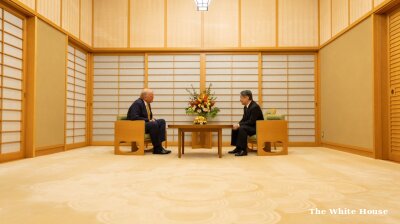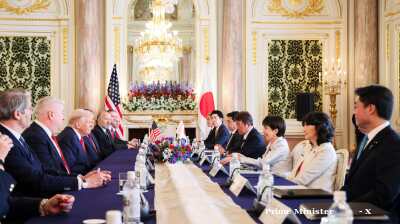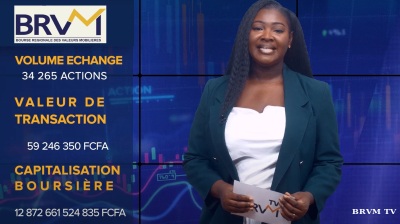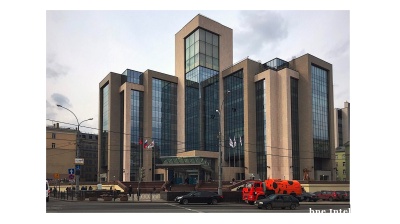President Sadyr Japarov sought to rebut public whispers of nepotism and grand corruption in Kyrgyzstan in a recent interview with the country’s official news agency. But his responses seemed to raise more questions than they resolved about the connections between public finances and the private interests of presidentially connected individuals.
In granting an interview to the Kabar News Agency, Japarov was ostensibly responding to complaints that a company controlled by the son of the president’s chief lieutenant, State Security Services (GKNB) chief Kamchybek Tashiev, was improperly benefiting from a highway construction project. But Japarov let slip a few details suggesting that any financial funny business going on in the country extends far beyond insider bid-rigging for government contracts. A vast redistribution of assets appears to be taking place in Kyrgyzstan.
The big reveal by Japarov – made seemingly inadvertently – is that Kyrgyzstan now has “five or six dollar billionaires and about 200 millionaires.” Those numbers don’t square with the Forbes’s Real Time Billionaires List, which does not show any Kyrgyz national having a net worth that high. Assuming that Japarov has accurate, insider information, it’s hard to tell who the Kyrgyz billionaires are, and how they accumulated their wealth. Japarov provided no additional details.
Japarov did acknowledge that the country’s super-rich tend to stash their wealth in offshore accounts, adding that his administration has encouraged the repatriation of assets. He went on to admit that many were reluctant to bring their money back to Kyrgyzstan. “There are those who partially returned the funds and invest them in the construction industry,” he noted.
At the same time, the president offered a robust defence of the business activities of friends and family members, specifically the GKNB chief’s son, Tai-Muras Tashiev. He implied that altruism on the part of the younger Tashiev’s company was the primary motivation for taking on the highway construction project involving a bypass around the southern city of Uzgen. The highway will become a toll road when it opens, but Japarov insisted that Tashiev’s company was sacrificing short-term gains for the best interests of the state. He offered a convoluted rationale for the project, without shedding much light on the governmental contracting process.
“Government money should be invested in projects that pay back quickly. … Therefore, we are ready to transfer not only the bypass road in Uzgen, but also a number of other roads to private individuals,” Japarov told Kabar.
“But not a single company or individual has expressed readiness to build these roads, since the investments will pay off only in the long term,” Japarov added. “Therefore, we thank Tai-Muras [Tashiev] for the construction of the Uzgen bypass road. We must thank him for looking for and finding an investor for this project.”
In July, the Kaktus media outlet published an investigative report showing that since Japarov assumed the presidency in Kyrgyzstan, government confiscations of private property have been on the rise. “Over the past three years, Kyrgyz authorities have been actively nationalising private property,” the outlet stated. In Japarov’s interview with Kabar, the question of state confiscation did not come up.
Kyrgyzstan’s ranking in Transparency International’s Corruption Perceptions Index has nosedived in recent years. In its most recent survey, Kyrgyzstan ranked 141st out of the 180 countries measured for their corruption environment. Its net corruption score in 2023 was lower than that registered in 2014.
This article first appeared on Eurasianet here.
News

US-China trade talks deliver breakthrough as markets rally ahead of Trump-Xi meeting at APEC
How and if China will react to a US-Japan rare earths deal remains to be seen but Beijing has said it will suspend its restrictions on rare earth metal exports in what is a move likely to ease pressure on the US tech and defence sectors.

US, Japan sign rare earths deal to ‘secure’ supply chains
The two leaders signed an agreement establishing a framework for cooperation in the mining and processing of rare earths and other essential minerals; a move that underscores growing anxieties over China’s dominance in the sector.
.jpeg)
Mexico secures trade extension with US, averting November 1 tariff escalation
US President Donald Trump and Mexican President Claudia Sheinbaum have agreed to extend a critical trade deadline by several weeks, granting negotiators additional time to resolve 54 outstanding commercial barriers between the nations.

West Africa’s BRVM market cap hits record $21.2bn driven by telecoms, banks
West Africa’s regional bourse hit a record market capitalisation, up 29% YTD, supported by strong performance among telecom and banking stocks, and rising participation from domestic institutional investors.




